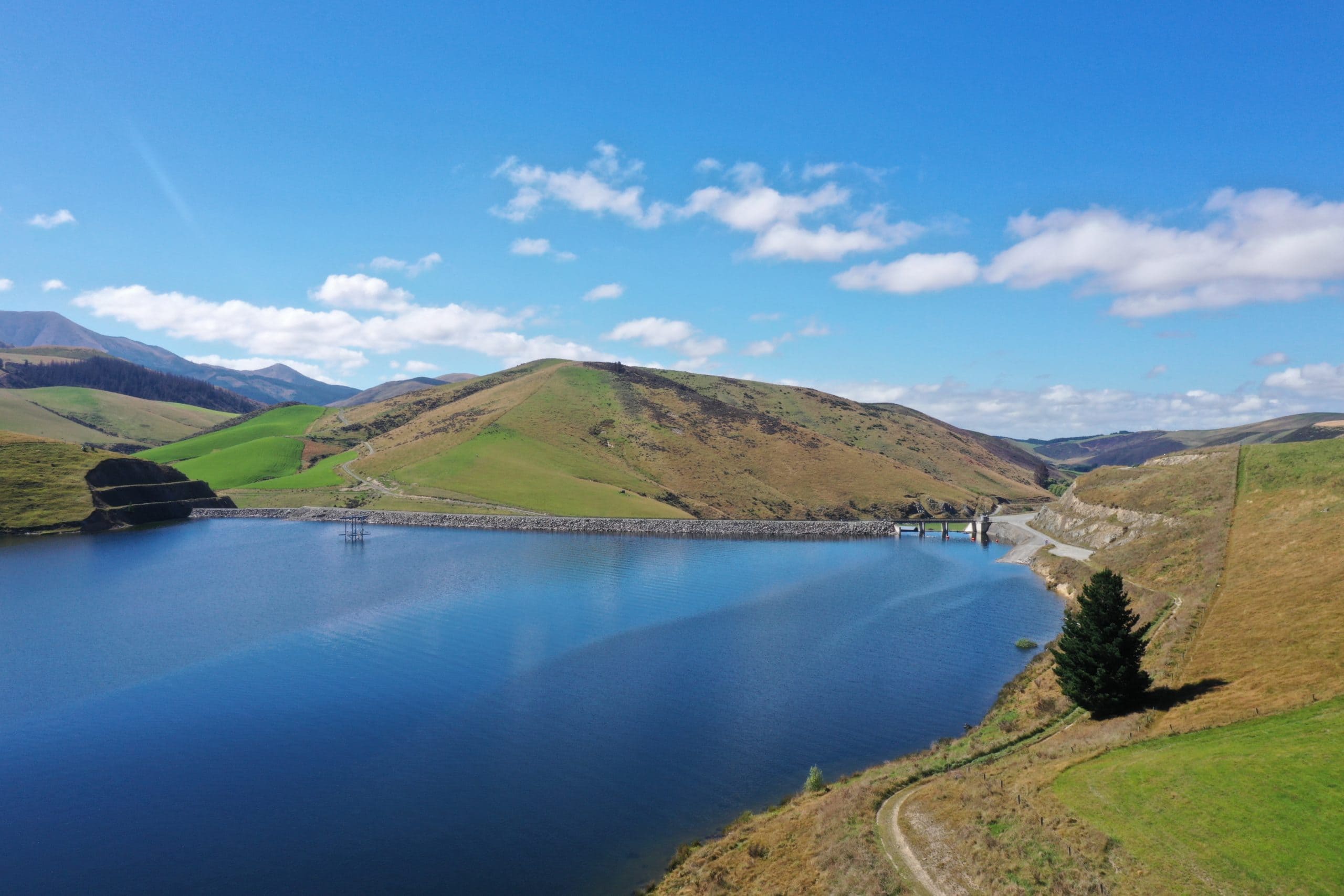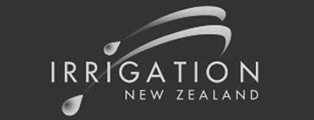
28 February 2022
Opuha Water Ltd (OWL) says it is time to stop wasting public money on investigations into claims of DDT and heavy metal pollution in Lake Opuha coming from unvalidated tests and anonymous sources.
OWL Chief Executive Andrew Mockford says, “Sampling from Timaru chemist Dr Nick Wall – which claimed water in parts of Lake Opuha had high levels of arsenic, cadmium, lead and manganese – have been disproved, just as they were back in 2015.”
Tests conducted recently by Environment Canterbury (ECan), following the latest claims of pollution in the lake, forwarded to ECan by the Central South Island Fish and Game Council (CSIF&G), found no evidence of the very high levels of dangerous pollutants claimed. The ECan tests for organochlorine pesticides all came back below detectable limits; metals did not breach the thresholds required by drinking water standards and eco-system health standards .
“We are extremely disappointed that the Central South Island Fish and Game Council appears to have accepted Dr Wall’s findings as fact and forwarded them to Environment Canterbury with the Council’s endorsement. This despite Council members being aware the same claims made in 2015 were disproved. There is no valid evidence that the situation has changed since then. Indeed, the Fish and Game Council itself acknowledged sources used to validate its backing of Wall’s report were anonymous or came from local ‘conversations’.”
Mockford said that the last time these highly suspect reports from Dr Wall were raised in 2015 it cost ECan ratepayers around quarter of a million dollars to investigate. The costs incurred by OWL to defend the allegations were similarly significant .
“We find it hard to understand why the Fish and Game Council was prepared to put licence-holder money into supporting an investigation into claims of water pollution from previously disproved sources and what appears to be local speculation.”
Mockford says the council should have been aware that Dr Wall has been involved in several issues where he has claimed extraordinarily high levels of contaminants, only to have them disproved by reputable authorities, cases that have been widely reported in the media.
“His claims of high levels of contaminants in fish from Lake Opuha, high levels of glyphosate in milk, and high levels of 1080 in the Westport rats have all failed to be validated by independent laboratories in New Zealand. Neither Wall nor the Fish and Game Council offered evidence to support their claim that these independent tests were flawed. Indeed, Wall has consistently refused to allow his laboratory and methodology to be tested by independent authorities.”
Mockford says the Central South Island Fish and Game Council, by backing Wall’s dubious tests and other anonymous or anecdotal evidence, had raised the spectre of the Timaru water supply being “toxic,” needlessly creating public alarm.
“The council also appears to have given weight to unsubstantiated theories surrounding claims of DDT in Lake Opuha, with the allegation in its letter to ECan that the authorities were ‘stifling inquiry’ into the water quality issues at Lake Opuha, but it offers no evidence to support this extraordinary claim.”
Mockford says the fact is that without Lake Opuha and the dam, the quality of the Opuha/Opihi catchment would be in a worse position.
“Opuha Water Ltd commits significant resources to maintaining both the flow and the water quality in the Opuha and Opihi Rivers, helping keep the catchment ecosystem viable, supporting native freshwater ecology and the recreational fishing resource so valued by the Fish and Game Council’s angler members.”
Mockford emphasised that there are no secrets surrounding water quality management in the lake or rivers.
“Anyone can view the results of ongoing water quality tests of Lake Opuha carried out by us and by ECan. There are no secrets, nothing is hidden, no collusion to keep the supposedly ‘real’ result a secret. And those ongoing tests, just as the tests recently conducted by ECan in response to the CSIF&G letter, show a consistent pattern of the lake water quality well and truly meeting health standards.”
“Let me be very clear,” Mockford ended. “Opuha Water Ltd would be the first organisation to report to public health authorities if its water quality tests were showing anything like the proportion of the chemical contamination in Lake Opuha that Wall claims. It is well past the time these allegations are put to rest. They are, once again, proven to be completely unfounded, and they needlessly damage the reputation of Lake Opuha as an important community asset for the environment, irrigation, water supply, flood management, power generation and recreation.”



